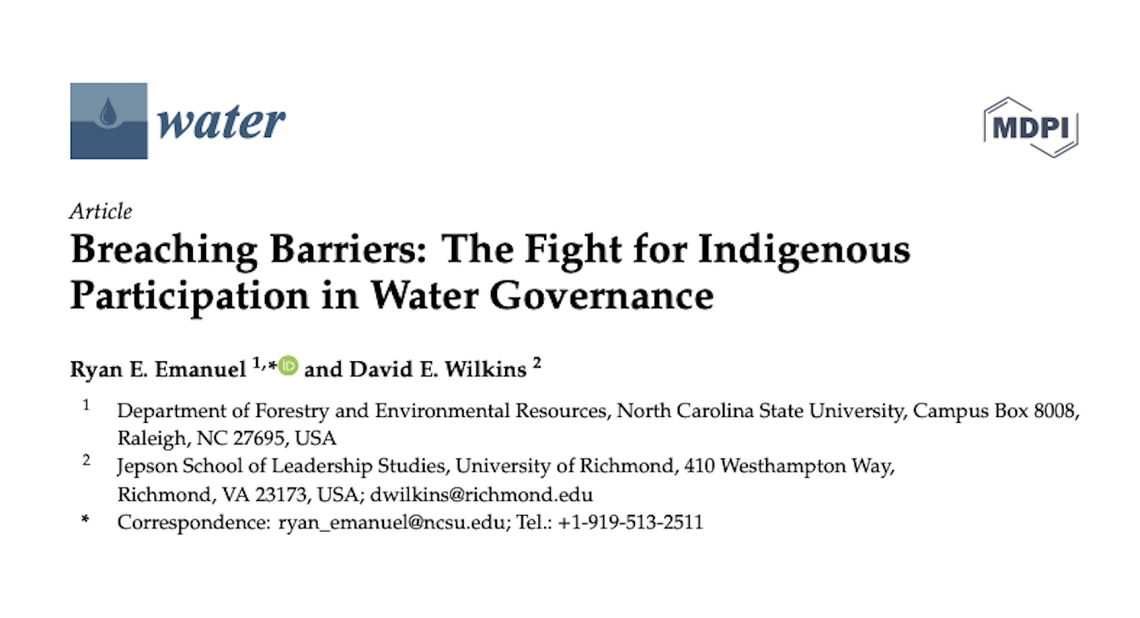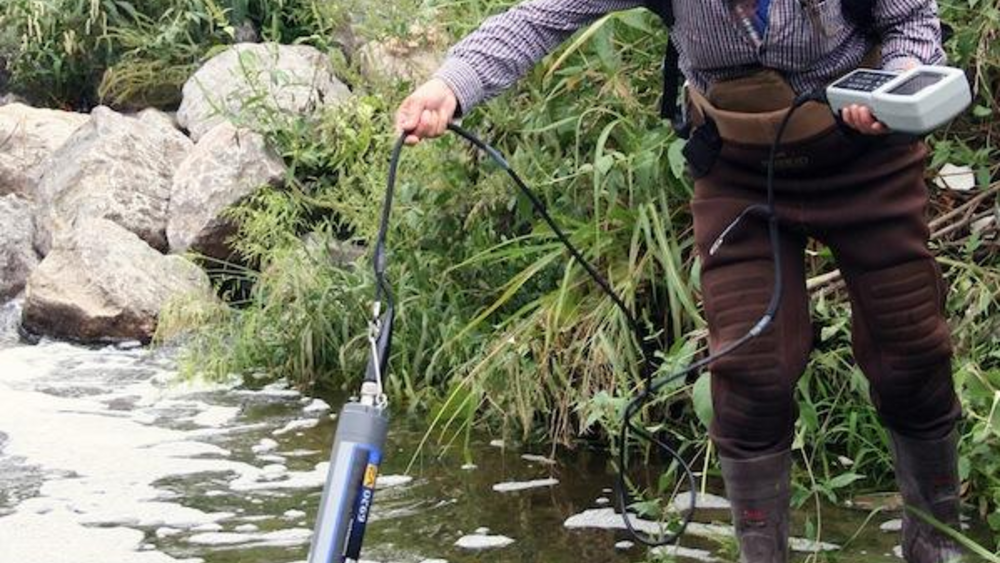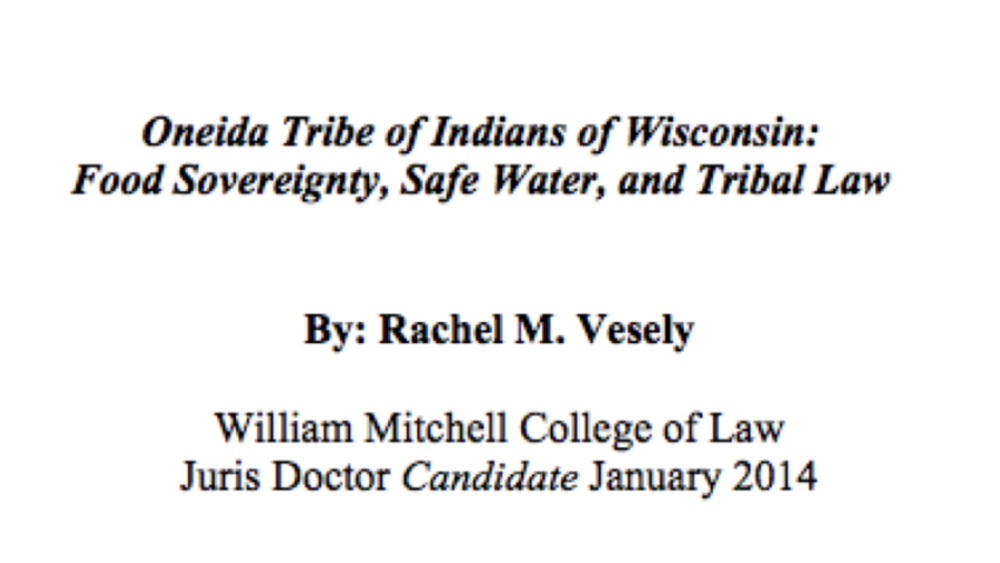Indigenous peoples worldwide face barriers to participation in water governance, which includes planning and permitting of infrastructure that may affect water in their territories. In the United States, the extent to which Indigenous voices are heard—let alone incorporated into decision-making—depends heavily on whether or not Native nations are recognized by the federal government. In the southeastern United States, non-federally recognized Indigenous peoples continue to occupy their homelands along rivers, floodplains, and wetlands. These peoples, and the Tribal governments that represent them, rarely enter environmental decision-making spaces as sovereign nations and experts in their own right.
Nevertheless, plans to construct the Atlantic Coast Pipeline prompted non-federally recognized Tribes to demand treatment as Tribal nations during permitting. Actions by the Tribes, which are recognized by the state of North Carolina, expose barriers to participation in environmental governance faced by Indigenous peoples throughout the United States, and particularly daunting challenges faced by state-recognized Tribes. After reviewing the legal and political landscapes that Native nations in the United States must navigate, we present a case study focused on Atlantic Coast Pipeline planning and permitting.
We deliberately center Native voices and perspectives, often overlooked in non-Indigenous narratives, to emphasize Indigenous actions and illuminate participatory barriers. Although the Atlantic Coast Pipeline was cancelled in 2020, the case study reveals four enduring barriers to Tribal participation: adherence to minimum standards, power asymmetries, procedural narrowing, and “color-blind” planning. We conclude by highlighting opportunities for federal and state governments, developers, and Indigenous peoples to breach these barriers.
Additional Information
Emanuel, Ryan E.; Wilkins, David E. 2020. "Breaching Barriers: The Fight for Indigenous Participation in Water Governance" Water 12, no. 8: 2113. https://doi.org/10.3390/w12082113



